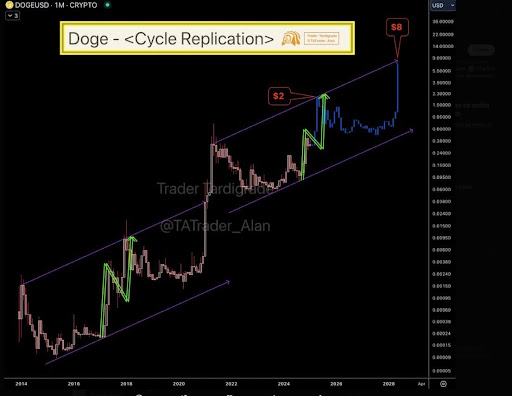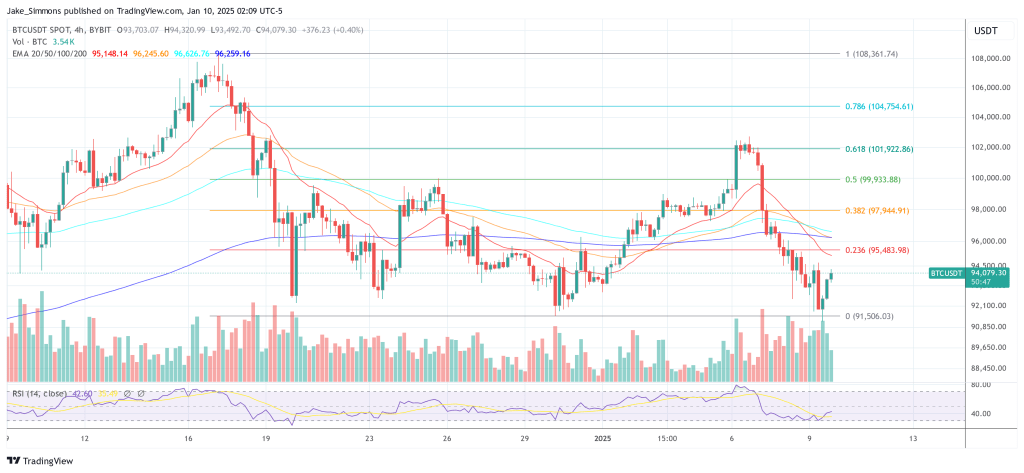Tl;dr: When Bitcoin price drops, mostly smaller miners become unprofitable, dropping out, increasing centralisation.
Bitcoin miners use ASICs and energy to generate hashpower. This hashpower is used to secure the Bitcoin chain. For miners, more hashpower = more revenue because the Bitcoin they mine is now worth more (for more basic info).
Generally speaking, a higher Bitcoin price leads to more investment in mining equipment. This makes sense, a larger revenue pool means a larger pie to fight over, making a larger cost potentially still worth it. At the same time, not all miners are created equal. Some miners are bigger than others. They have advantages, more commonly known as economies of scale. Access to cheaper capital, cheaper maintenance, discounts for buying in bulk.
In other words, with equal revenue, big miners' profit is higher than that of small miners. The Bitcoin price for them to reach break-even is lower. With higher profit, they can reinvest more, leading to centralization of hashrate over time. Nevertheless, in times of rising prices, small miners lacking economies of scale might still be profitable, though less so than big ones.
But what happens when prices drop? The first ones to no longer be able to mine profitably or even break even will be the least efficient miners. These tend to be the smaller miners. In other words, these price declines are a cleansing of sorts - mostly of smaller miners.
At this point the problem should be apparent. When price goes up, centralization slowly increases. When price goes down, this is exacerbated.
This is not just a theoretical exercise. A great paper by Igor Makarov and Antoinette Schoar looks into this exact question.
Aside from their interesting finding that an upper estimate of 50 miners already control ~50% of hashpower, they find that "the risk of a 51% attack increases in times when the Bitcoin price drops precipitously or following halving events."
There is plenty of other proof that mining is already highly centralized, which should be worrying to anyone that sees Bitcoin as a store of value. See for example this paper on miner collusion and this paper on centralization within mining pools.
I'm not saying this is the end of crypto (I'm a crypto bull myself), but it definitely doesn't bode well for Bitcoin. Without utility to offer outside of being a store of value, and with security decreasing over time, the future of Bitcoin looks bleak at best.
None of this means that number won't go up. It might. These are speculative markets. But for anyone interested in the long-term future of crypto, I'd recommend looking into these fundamentals and forming your own opinion on it.
[link] [comments]

You can get bonuses upto $100 FREE BONUS when you:
💰 Install these recommended apps:
💲 SocialGood - 100% Crypto Back on Everyday Shopping
💲 xPortal - The DeFi For The Next Billion
💲 CryptoTab Browser - Lightweight, fast, and ready to mine!
💰 Register on these recommended exchanges:
🟡 Binance🟡 Bitfinex🟡 Bitmart🟡 Bittrex🟡 Bitget
🟡 CoinEx🟡 Crypto.com🟡 Gate.io🟡 Huobi🟡 Kucoin.

















Comments